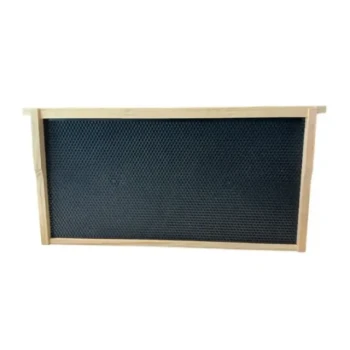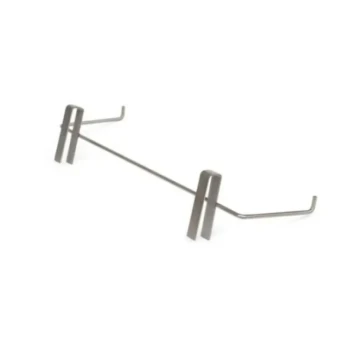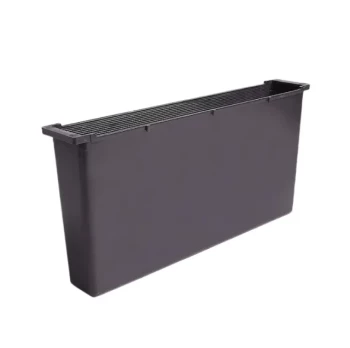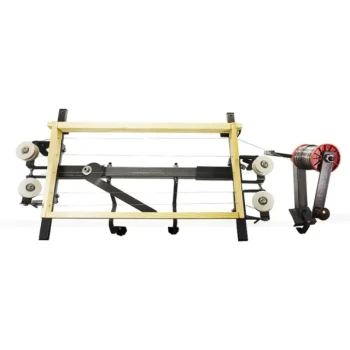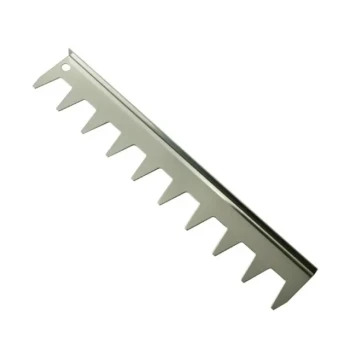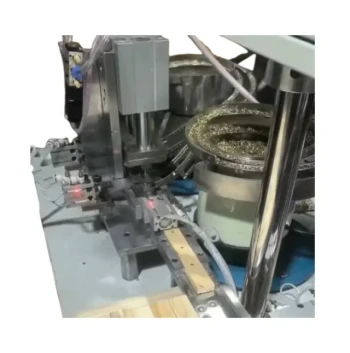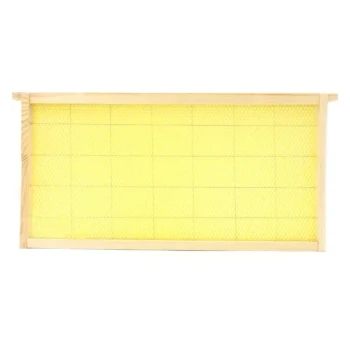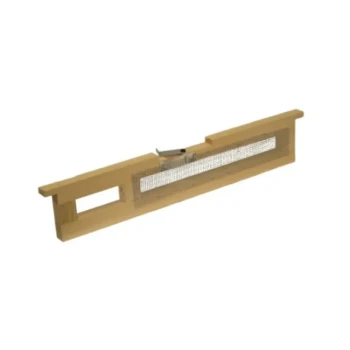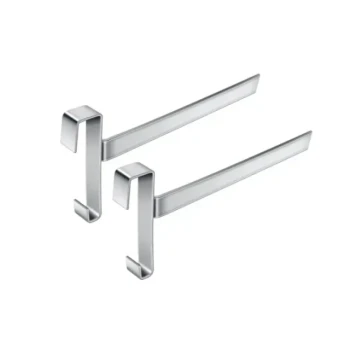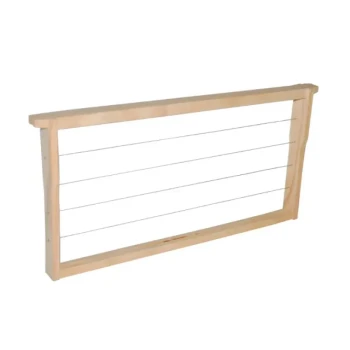Plastic bee frames are a good choice for beekeepers who prioritize durability, convenience, and efficiency. They are exceptionally strong, require no assembly, and stand up to the rigors of honey extraction without risk of the comb collapsing. While they are a practical and cost-effective solution for the beekeeper, they are an unnatural material that bees will only accept if properly coated with beeswax.
The decision to use plastic frames is not a matter of "good" versus "bad," but a clear trade-off. You are choosing the operational efficiency and resilience of plastic over the natural, traditional appeal of wood and wax, which bees instinctively prefer.
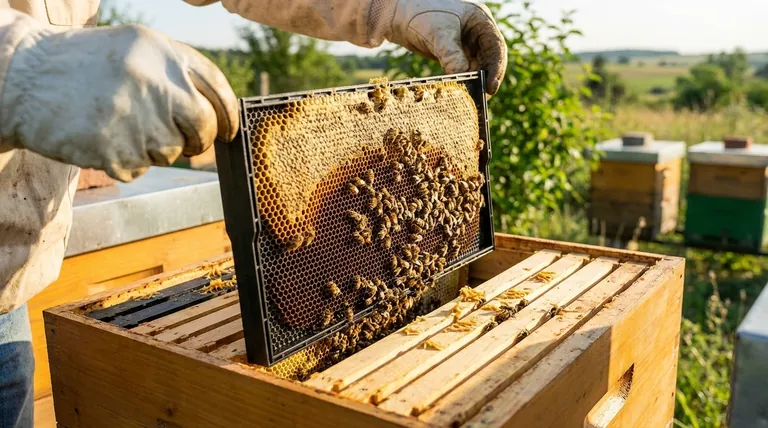
The Case for Plastic: Durability and Convenience
Plastic frames were engineered to solve many of the practical challenges beekeepers face with traditional wooden frames. Their benefits are centered on saving time, effort, and money.
Ready to Use Out of the Box
Plastic frames arrive fully assembled and ready to be placed in the hive. This eliminates the time-consuming process of building and wiring wooden frames and embedding a wax foundation. Their mass-produced, uniform size also ensures a perfect fit inside your hive bodies every time.
Built for the Long Haul
Durability is a primary advantage. Plastic frames are tough, do not break easily, and typically outlast their wooden counterparts. They are also highly resistant to pests like wax moths, which can burrow into and destroy wood and wax.
Simplified Honey Extraction
During honey extraction, the force of the centrifuge can cause new or weak comb to break apart inside a wooden frame. Plastic provides a rigid structure that completely prevents this. It also eliminates the risk of comb collapsing from the frame during hot weather or due to inexperienced handling.
Lighter and Easier to Handle
A full frame of honey is heavy. Plastic frames are more lightweight than wood, making hive boxes easier to lift and manage, which reduces physical strain during inspections and harvesting.
Understanding the Trade-offs: The Bee's Perspective
While plastic frames offer significant advantages for the beekeeper, they present a key challenge from the bees' point of view: they are an unnatural surface.
The Problem of Bee Acceptance
Bees do not naturally build their comb on smooth plastic. If given a choice between a plastic frame and one with a natural wax foundation, they will almost always choose the wax. An uncoated plastic frame placed in a hive will likely be ignored.
The Mandatory Wax Coating
To encourage bees to draw comb, plastic frames must be coated with a thin layer of melted beeswax. Most new plastic frames come with a light factory coating, but many experienced beekeepers find that adding an extra, thicker layer of their own beeswax dramatically improves the rate of acceptance. This step is not optional if you want the bees to use the frame.
Environmental Considerations
Wooden frames are a traditional, sustainable product made from a renewable resource. Plastic is a petroleum product, making it a less natural and less environmentally friendly option for beekeepers who prioritize sustainability in their practice.
Making the Right Choice for Your Apiary
Your decision should be based on your specific goals, beekeeping philosophy, and the amount of time you can invest.
- If your primary focus is operational efficiency and minimizing labor: Plastic frames are an excellent choice due to their durability, low maintenance, and pre-assembled nature.
- If your primary focus is a natural, traditional approach to beekeeping: Stick with wood frames and wax foundation, as this aligns best with the bees' natural instincts and material preferences.
- If you are a new beekeeper concerned about mistakes: The durability of plastic can be more forgiving, as it prevents costly comb blowouts during honey extraction and handling.
- If your goal is maximum honey production: Plastic frames can be a powerful tool, as they allow for rapid reuse of drawn comb and highly efficient extraction cycles.
Ultimately, understanding the core trade-off between beekeeper convenience and the bees' natural preference empowers you to select the equipment that best fits your goals.
Summary Table:
| Aspect | Plastic Frames | Wooden Frames |
|---|---|---|
| Durability | Exceptionally strong, long-lasting, pest-resistant | Can warp, break, or be damaged by pests |
| Convenience | Pre-assembled, ready to use, uniform size | Requires assembly, wiring, and foundation installation |
| Honey Extraction | Rigid structure prevents comb blowout | Risk of comb collapse in the centrifuge |
| Bee Acceptance | Requires a thick beeswax coating for acceptance | Naturally preferred by bees, wax foundation is instinctive |
| Weight | Lighter when full of honey | Heavier |
| Philosophy | Modern, efficiency-focused | Traditional, natural beekeeping approach |
Ready to Choose the Best Frames for Your Apiary?
Whether you're a commercial apiary focused on maximizing honey production or a distributor seeking reliable, durable equipment for your customers, the right choice in frames is critical.
HONESTBEE supplies top-quality beekeeping supplies and equipment to commercial apiaries and distributors through our wholesale-focused operations. We can help you navigate the choice between durable plastic frames and traditional wooden ones to find the perfect fit for your operational goals and philosophy.
Let us help you enhance your efficiency and success.
Contact HONESTBEE today to discuss your frame needs and explore our full range of wholesale beekeeping solutions.
Visual Guide
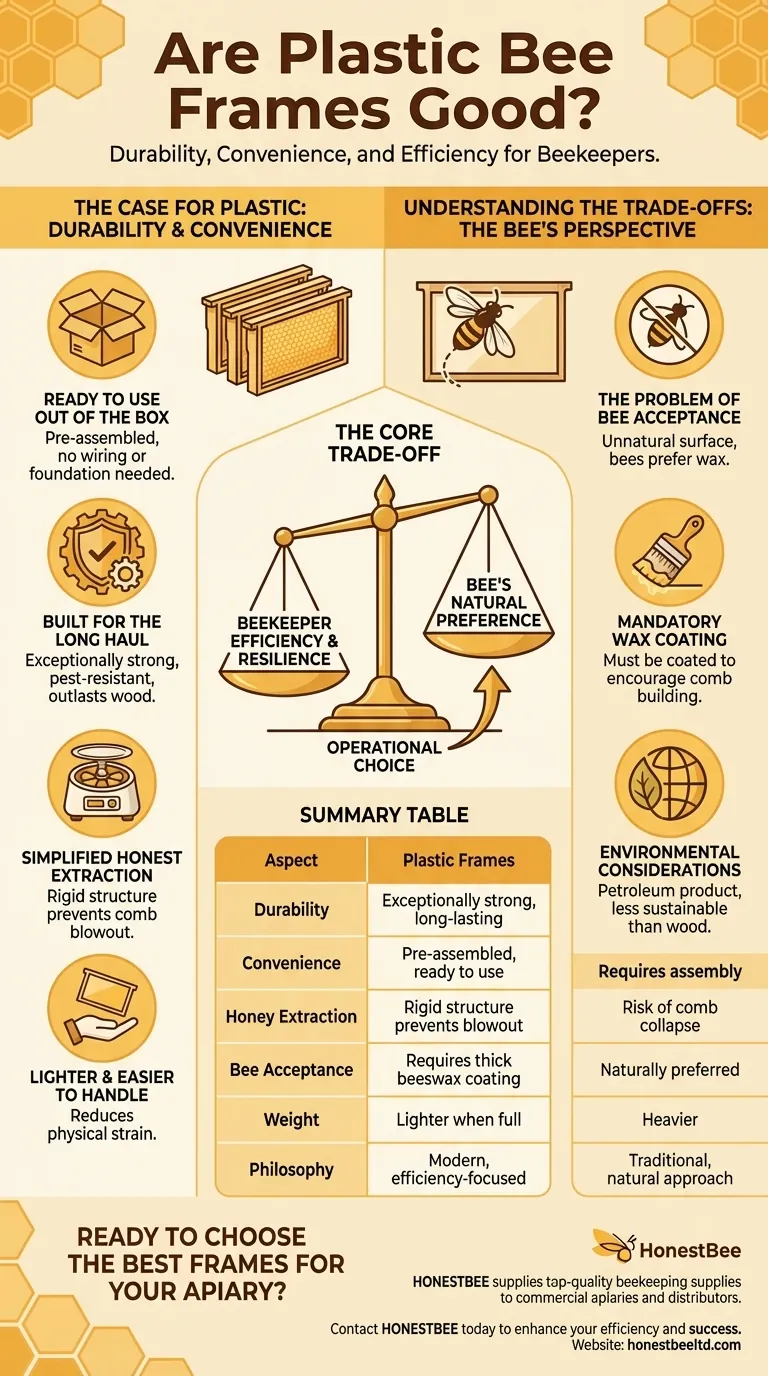
Related Products
- Plastic Bee Frame Beekeeping Hive Frames for Wholesale
- Assembled Wooden Bee Frames with Plastic Foundation for Durability and Convenience by HONESTBEE
- 7 x Auto Bee Flow Hive Frames Plastic Beekeeping Hive Box Supplies
- Heavy-Duty Stainless Steel Clip-On Frame Perch
- Yellow Plastic Bucket Pail Perch for Beekeeping
People Also Ask
- What is the role of oxalic acid in plants? A Key to Plant Defense and Internal Regulation
- What are the pros of using plastic frames in beekeeping? Boost Efficiency & Durability
- Why are plastic frames popular in commercial beekeeping? Boost Efficiency & Durability at Scale
- Can beekeepers switch between wooden and plastic frames? Optimize Your Hive's Performance
- Can you boil plastic bee frames? Avoid This Costly Mistake and Protect Your Hive

